|
Dear Friends,
As I write to you today, I have just returned home from carolling with the Churches Together group at Upminster’s Christmas Kick-off event. Like similar celebrations in many of our communities, it was a festive evening marked by bright lights, cheerful music, wonderfully-smelling food, and lots of over-excited and well-sugared young people. As the costumed characters made their rounds for photos with the kids, it was hard not to smile and be in a joyful mood. But for many in our church families and communities, the holiday season is not necessarily a time for joy and cheer. Depending on life circumstances, Christmas may not bring the joy that it once did. And the constant barrage of joyful music and well-wishes can make some people feel left out and excluded from the celebrations others seem to enjoy so much. It’s important to remember that the very first Christmas was not all that joyful either. Mary and Joseph were miles away from their home as Mary neared the time when she was to give birth. They had no place to stay…no place to sleep…no help with the labour and delivery of the baby. They had to have been lonely, scared, frustrated and angry. Even though we like to sing “Silent night, holy night,” the reality is that it probably didn’t feel like much of either of those to Mary and Joseph. If you can relate to some of these feelings, I invite you to join me on Friday 22 December at 7pm at Trinity URC for our first “Blue Christmas” Service. It will be a time to meditate, to pray, to reflect, to remember, and most of all, a time to remind ourselves that it is only in times of darkness that we can most clearly see the light of the world. I hope you will join us for a time of reflective worship followed by light refreshments and camaraderie. I have found Blue Christmas services to be among the most powerful services that I’ve led, and I look forward to sharing the evening with all of you. Blessings on your Christmas celebrations, Brian
0 Comments
Dear friends,
As I write this message, I am preparing to participate in the URC’s General Assembly as a delegate for the Thames North Synod. I am excited about going and representing TNS, as well as looking forward to learning more about the URC and meeting some of my colleagues from around the UK. My preparation has also prompted me to do some thinking about the relationship between our local churches and the national body. It’s often hard to see and feel the influence of the URC—as a denominational structure—has on the daily work of worship and ministry here in the Heath & Havering Group. But the fact is that almost everything that we do, we do better because of our relationship with the national church. Often, the words we hear and say during worship come from resources provided by the URC. Our missional objectives are often coordinated on a national and international level by Church House. As a minister, I receive training developed by the national church, as do all of our elders and a handful of other local church leaders. And, collectively, the URC as a denomination has a much more powerful voice in the public sphere than any of our individual churches could ever dream of. But ultimately, our goal—whether at the local-level, synod-level, or national-level—remains the same: to work to bring about the Kingdom of God here on earth. While challenging, that goal becomes much easier to achieve when we all work together…and that’s what General Assembly is all about. As URC General Assembly Moderator Revd Fionna Bennett observes, “As the General Assembly, we gather as a council of the Church, reliant on the Holy Spirit to shape us into a space of grace. We come from across the diversity of the URC, geographically, culturally, and theologically, to form a space of grace where we seek the mind of Christ together. In that discernment we need to act gracefully towards and with one another. Our General Assembly agenda celebrates the work of the denomination, locally and nationally, as spaces of grace.” I am looking forward to spending some time in this particular “space of grace,” and I also look forward to sharing with all of you about my experiences when I return. Mid-summer blessings, Brian Dear friends,
After our combined service at the end of April with the other Heath & Havering Churches, one of the people who had attended commented to me that “it sure was great to worship and sing in a church full of people…it’s just a shame that it took people from five churches to make that happen.” I know what they meant, and I suspect many of you would agree with them. It can be worrisome as we experience smaller number for worship than in the past. Recent surveys in this country point to the same thing—a declining number of people who attend church and identify as Christians. And it’s not just here in the UK, but in many Christian communities around the globe. There are a lot of reasons that have contributed to this decline—and it has been happening gradually for the last fifty or more years—but few answers. In general, churches are not appealing to members of the younger generations. If you think about, that shouldn’t come as a surprise. Our churches—for all the beauty and tradition that they represent—are based on governance and presentation styles that are, in some cases, hundreds of years old. While there aren’t any easy answers to this trend, I don’t see the information as threatening or scary. The challenge for us is to be intentional about discerning the call and vision that God is placing on our churches. Might it be possible that these cultural changes could give us the opportunity to reinvent ourselves and evolve? After all, God’s faithful people have flourished no matter when and where they have existed throughout history…and they have not always looked the same from one generation to the next. At a conference I attended a many years ago, the great American theologian, Walter Bruggemann, conjectured that one of the reasons church attendance in general has been in decline over the last fifty years is that “for most of our people, God is no longer a primary character in their lives.” With this shifting landscape, things will inevitably change. But, we have the opportunity to share with a whole new generation why God is so important to us, and show them why God should be a primary character in their lives, too. And that’s exciting! Opportunities to serve God abound…may we have the vision to see them when they present themselves! Early summer blessings, Brian Dear Friends,
April was such a busy (but wonderful) month here in the Heath and Havering Group! And so, sitting here a couple of weeks after Easter and enjoying the slower pace of things, it can feel like there is a bit of a sense of letdown, now that we don’t have a big church holiday to work towards. But a letdown is not what Jesus gives to his disciples following his resurrection. In fact, from almost the first moment that the women discover the empty tomb on that first Easter morning, Jesus has his followers on the move. First to Galilee, and later to all corners of the world. As nice as it may feel to sit back and reflect on the beauty of the Lent and Easter worship services, Jesus compels us to move forward…to carry the gospel to new places and to new eyes and ears. The energy and hope and happiness that we’ve felt in church these last weeks is not simply to be looked back fondly upon…it is to be celebrated and shared wherever we go. And go we shall! Jesus tells his disciples to get to work after his resurrection, and we would do well to heed those words, too. Plans are being made even now for new ministry offerings that will be introduced in the coming months. Our communities need to know that we’re here, and that we have gifts to offer to all of God’s children…whoever they are, and wherever on life’s journey they may be. There are new ways of experiencing the love and joy of Christ that we need to explore! This is no time to stand and admire the empty tomb…remember, “he is not here, but has risen.” Christ is alive, and so is the church! Thanks and praise be to God! Continuing Easter blessings, Brian Dear friends,
It has not escaped my notice that we recently marked the three-year anniversary of the onset of the COVID-19 virus, and all that went with it. And while—in some ways—that moment seems like it was a long time ago, we still are feeling the effects of the pandemic, the corresponding lockdown, and all the other new restrictions that came with it. All of those limitations and constraints stand in stark contrast to the annual reminders just outside our windows that spring is here, and the earth is reborn. Flowers are blooming, trees are budding, and active birdsong is much more noticeable. And so it is, in that season of growth and rebirth, that we celebrate the promises of God made real through the resurrection of Jesus. Promises that tell us that there is always opportunity for rebirth and renewal. Promises that assure us that this life is not all that there is. Promises that challenge us to turn traditional thinking on its head—that in God’s coming kingdom, everything will be turned upside down. As I sit in my study writing this message, the sun is shining, the sky is a brilliant blue, and the birds are singing in the trees. It may rain later (it probably will!), but the signs of life are all around. The warmth of the sun brings me both joy and assurance—joy like I feel on Easter morning, and the assurance that miracle we celebrate on Easter didn’t just happen once, many years ago in a far-away place, but that it happens here, and now, and everywhere. COVID was a dark time for many of us…perhaps even a season of our lives that we thought would never end. And even though there was tragedy associated with it, God calls us into a new reality—hopefully one filled with wholeness, well-being, and peace. Everyday we have is a miracle…a miracle we can trace back to the biggest miracle of them all in a tomb on a hillside outside of Jerusalem. I wish all of you a most happy and joyous Easter! Brian Patience is the ability to idle your motor when you feel like stripping your gears. –Barbara Johnson It’s important for parents to live the same things they teach. – Anon The two agencies that redistribute great fortunes are taxation and offspring. – Anon With the exception of world unrest, nothing breaks out in more places than an old garden hose. – Anon A church council is a gathering of important people who singly can do nothing, but together can decide that nothing can be done. – Anon Live your life and forget your age. – Frank Bering My clothes are addressed to women who can afford to travel with forty suitcases. – Yves Saint Laurent In order to live off a garden, you practically have to live in it. – F M Hubbard In my youth I thought of writing a satire on mankind, but now in my age I think I should write an apology for them. – Hugh Walpole Man’s inhumanity to man makes countless thousands mourn. – Robert Burns Method is like packing things in a box; a good packer will get in half as much again as a bad one. – Sir Richard Cecil It’s easy finding reasons why other folks should be patient. – George Eliot If you would like to live a quiet, peaceful, uneventful life, you were born at the wrong time. – Anon Originally posted in The Heath, May/June 2021
If you wish to know God, you must know His Word. – C H Spurgeon Freedom comes by filling your mind with God’s thoughts. – Erwin Luther Keep the faith…but not from others! – Anon It is still one of the tragedies of human history that the ‘children of darkness’ are frequently more determined and zealous than the ‘children of light’. – Martin Luther King The longest journey is the journey within. – Dag Hammarskjold The real measure of a man’s wealth is what he has invested in eternity. – Anon Thank God for what you have, TRUST GOD for what you need. – Anon It is possible to be so active in the service of Christ as to forget to love Him. – P T Forsyth Blessed are the peacemakers; they will never be unemployed. – Anon Laughter is God’s sunshine. – Anon Among the attributes of God, although they are all equal, mercy shines with even more brilliancy than justice. –Cervantes It is necessary to draw near to God, but it is not required of you to prolong your speech till everyone is longing to hear the word ‘Amen’. – C H Spurgeon Prayer is the very life-breath of true Christianity. – J C Ryle Prejudice is a loose idea, firmly held. – Anon Those who think too much of themselves don’t think enough. – Amy Carmichael Originally posted in The Heath, May/June 2001
Today’s reading is John 2:13-22. 13 When it was almost time for the Jewish Passover, Jesus went up to Jerusalem. 14 In the temple courts he found people selling cattle, sheep and doves, and others sitting at tables exchanging money. 15 So he made a whip out of cords, and drove all from the temple courts, both sheep and cattle; he scattered the coins of the money changers and overturned their tables. 16 To those who sold doves he said, “Get these out of here! Stop turning my Father’s house into a market!” 17 His disciples remembered that it is written: “Zeal for your house will consume me.” 18 The Jews then responded to him, “What sign can you show us to prove your authority to do all this?” 19 Jesus answered them, “Destroy this temple, and I will raise it again in three days.” 20 They replied, “It has taken forty-six years to build this temple, and you are going to raise it in three days?” 21 But the temple he had spoken of was his body. 22 After he was raised from the dead, his disciples recalled what he had said. Then they believed the scripture and the words that Jesus had spoken. The site of the temple was very historic. It was built on Mount Moriah where Abraham very nearly sacrificed Isaac. This is the same place where Solomon built his temple. The temple in the reading was one of Herod the Great’s major building projects. Construction started around 20 BC and, as John tells us, it took 46 years to build, although we know that it was not fully completed until 63 AD. The temple was comprised of the sanctuary, which housed the main part of the temple and the Holy of Holies, which contained the Ark of the Covenant. Within the precinct, the open-air Court of the Gentiles surrounded the sanctuary. It was here that Caiaphas, the Jewish High Priest, had allowed traders to set up their stalls to help with the running of the temple. During Passover, 300-400 thousand pilgrims came to the temple to exchange their Roman Denarii or Greek drachma into coins acceptable to pay the Temple Tax of half a shekel. Roman coins featured the image of the emperor, thus proclaiming his divinity. Therefore, these coins were blasphemous and not allowed in the temple. Traders of livestock or doves were needed to sell the appropriate sacrifices. Make no mistake, the traders were doing what Jewish law demanded. Yet, the temple itself was meant to be a place of prayer. Zechariah, writing to the Jews returning from exile, portrayed a vision that, "Every pot in Jerusalem and Judah will be holy to the Lord Almighty, and all who come to sacrifice will take some of the pots and cook in them. And on that day there will no longer be a merchant in the house of the Lord Almighty." (Zechariah 14:21) Similarly, Isaiah 56:7, written around 681 BC, reminds us, “For my house will be called a house of prayer for all nations.” And, Jeremiah 7:11, who wrote to the people of Judah during his ministry between 627-586 BC, protests and asks, “Has this house which bears my name become a den of robbers to you?” Caiaphas deliberately allowed the traders into the temple precincts, whereas they usually traded outside the temple in the Kidron Vallery. Jesus, in John’s account, at the beginning of his ministry, goes to the temple and is incensed, not with the actual trading, but the fact it was happening inside the temple. So, he drove them out with a self-made whip. It is interesting to compare the report of John with the Synoptic Gospels. All three of the Synoptics record this episode at the beginning of Holy Week, i.e. the end of Jesus’ ministry. All three suggest this was the tipping point, the reason Jesus had to die. He had control of the crowd, and he was starting to meddle in the temple economy. It seems a logical place to write this story, but John has it right at the beginning, straight after the first miracle of turning water into wine. In John’s Gospel, there are three Passovers annotated. The period of John’s Gospel is at least two years, whereas the Synoptics have one year. This story presents Jesus as a radical person. Jesus is angry and showing his humanity. John reminds us that Jesus is fully human as well as fully divine. We also recall that Jesus wept at Lazarus’ death, again showing his humanity and compassion. The question I ask, therefore, is when is it right to be angry? The history of this passage has influenced different responses. Origen, in the second century AD, said that the account was not historical but metaphysical. The temple is the soul of a person freed from earthly things to serve God. On the other hand, John Chrysostom, in AD 391, defended the historical account. People have used it to justify the use of violence by Christians, for example, Augustin of Hippo. In 1075, Gregory VII used it to justify his actions against the Simonic clergy. Bernard of Clairvaux, who lived 1090-1153, used it to defend the Second Crusade; and John Calvin used it to support his action against the polymath Michael Servetus when he was burnt at the stake for the heresy of rejecting the concept of the Trinity. So, where do we stand on our thinking of righteous violence? It seems to me that the Ten Commandments (Exodus 20:1-17) show a great deal about God as well as God’s people. The Israelites had just escaped from slavery in Egypt, where it was common to worship many gods. On Mount Sinai, God offers to Moses the Ten Commandments by which his people must live, the first being the very radical and scary commandment of having no other god but God. In Jesus’ time, the Romans and Greeks worshipped loads of gods, e.g. the ten Olympians, so to demand they only worship one rather than have the protection of several was a scary, totally revolutionary concept. God revealed that the creation of the world happened in seven days: six to create and the seventh to rest. This idea of working for six days and resting for one was for our good. God cares about God's people. In a world dominated by violence, when human life went unvalued, God gave the commandments of not killing, stealing or committing adultery. God was a God of community. So, would a God who has laid these groundworks be happy with righteous anger? I think yes, but it cannot go beyond the confines of killing or being violent toward one another. There are Bible passages to help us when we feel or witness anger. Proverbs 12:16 tells us that a prudent man overlooks an insult Romans 12:17-21 says " Do not take revenge, my dear friends, but leave room for God’s wrath ... Do not be overcome by evil, but overcome evil with good." Psalm 4:4: In your anger do not sin… trust in the Lord. James 1:19: Everyone should be quick to listen, slow to speak and slow to become angry, for man’s anger does not bring about the righteous life that God desires. God wants us to love God and to love our neighbour. In doing so, we have to ensure that we do not uphold the status quo if people are being oppressed. Jesus cleared the temple, so we have to clear and declutter all the things that stop us from having a relationship with God. We have to cleanse ourselves and declutter ourselves from all the habits that lead us to do things that are wrong and lead us away from God’s presence. The temple was an awe-inspiring building. It spoke of the glory of God, but it is just a building. After its completion in AD 63, it was demolished in AD 70 when the Romans, after a 4-year siege, destroyed Jerusalem. Our lives have to be built upon the foundation of a righteous God who loves justice and mercy. So, as well as decluttering ourselves to remove the obstacles preventing us from coming to God, perhaps we should look at the various laws we follow. There are many poor people in the world, but what are the systems that keep them poor, and how can we challenge those systems so that the kind of world that God wants for God's people can be fully realised? That is our challenge for Lent, that we not only look at ourselves, but we also look at society and think how it could be improved so that God's love, mercy and justice can be offered to all. This sermon was first preached by Reverend Martin Wheadon on 7th March 2021 at Western Road URC via Zoom Dear Friends,
Winter is here, frost lies on the ground, branches are white, it does look beautiful, yet the frost soon disappears, and everything is green again. Signs of Spring are also appearing, the bulbs in my pots are poking their heads up and I have seen daffodils at least 15cm tall. For me, this year the cycle of the seasons, disrupted though it is by climate change, seems more important. In a time of uncertainty when planning is difficult it roots us in the creative cycle, resting, growth, flowering and reminds us of the permanence of creation and the world. We can look ahead, we don’t know what the coming year will hold, how long restrictions will be in place, throughout all this bulbs, trees and flowers will continue to grow and give us beauty and colour. Despite the uncertainty we can dream, reflect, think, and pray about what God’s will and purpose is for us as individuals and as fellowships. A period of inactivity in the building, forced by lockdown, enables us to think about using the building and worship space in different ways in the future, maybe starting new activities/groups as we seek to walk the way of Jesus, living the life of Christ today. Worshipping on Zoom, although not ideal, gives us different orders of service, new thoughts about interacting and participation. I’m sure you have other dreams/thoughts/ideas about this and other aspects of church life, please do you share your dreams/thoughts/ideas with me and/or your elder. I am looking forward to my induction on February 14th although I have now been here for nearly 6 months it will mark new beginnings for us all. Thank you to all those assisting with the preparations and technical matters. A friend sent me the following which I share with you: The richest wealth is Wisdom. The strongest weapon is Patience, The best security is Faith. And the most effective tonic is Laughter. May God bless you today with all of them. Alison Western Road URC's Advent Candle Readings Alexander: When Jesus spoke again to the people, we read from John 8 v12, Jesus said, 'I am the light of the world’. Whoever follows me will never walk in darkness, but will have the light of life. The nations will walk by this light and all people will see God’s glory”.
We Light the Advent candle for Light Alexander: We read Based on Ephesians chapter 5 “Live as children of light” …. Follow God’s example and follow the path he has shown us, even when there may be challenges ahead. “Follow God’s example, and walk in the way of love just as Christ loved us and find out what pleases the Lord” James: Prayer of Light: Dear Lord, now it is time to share and celebrate the Christmas festival of lights send the radiance of your light to shine in our hearts. Help us remember that Jesus is the light of the world Help us follow the right path even when this may be challenging Make us true to your teaching; keep us free from error and sin. We ask this through our Lord Jesus Christ, your Son, Amen. |

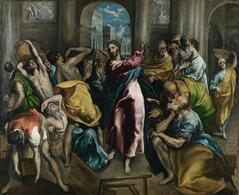
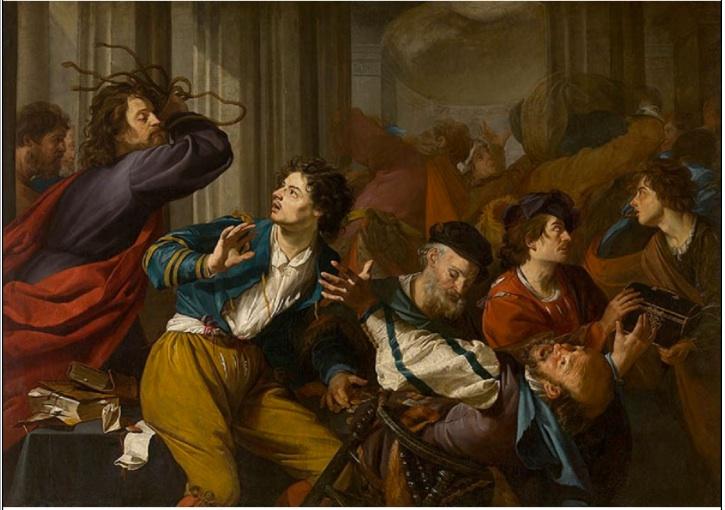
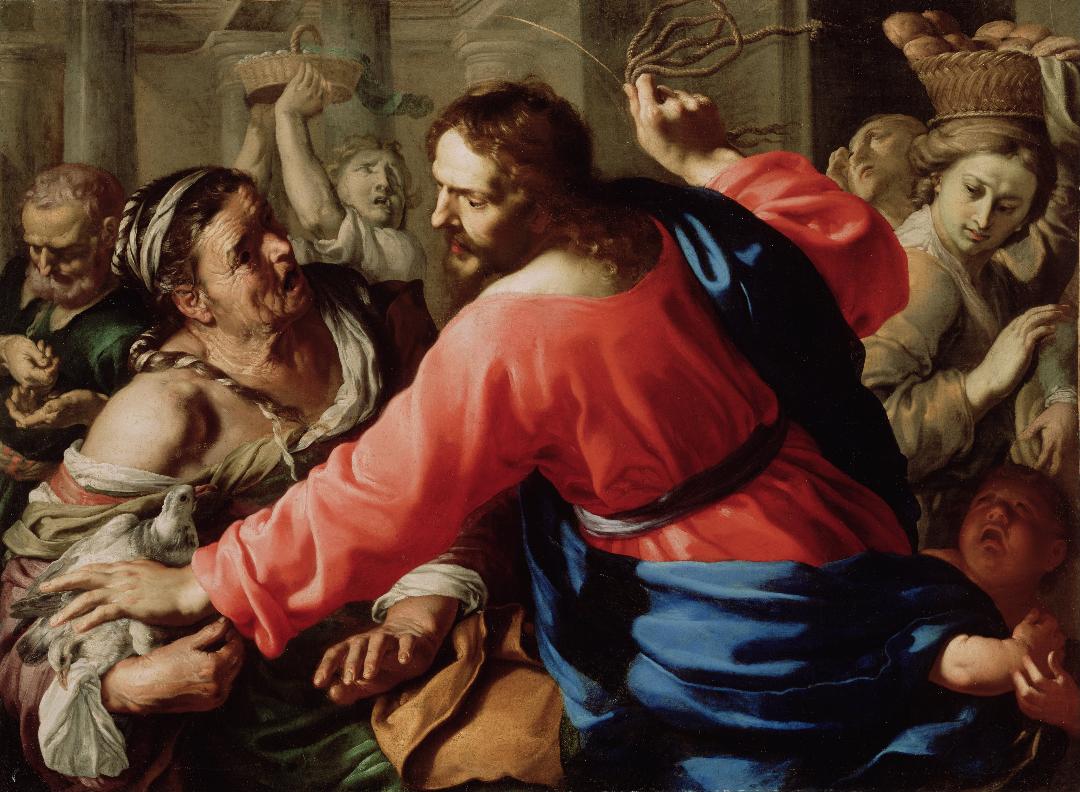
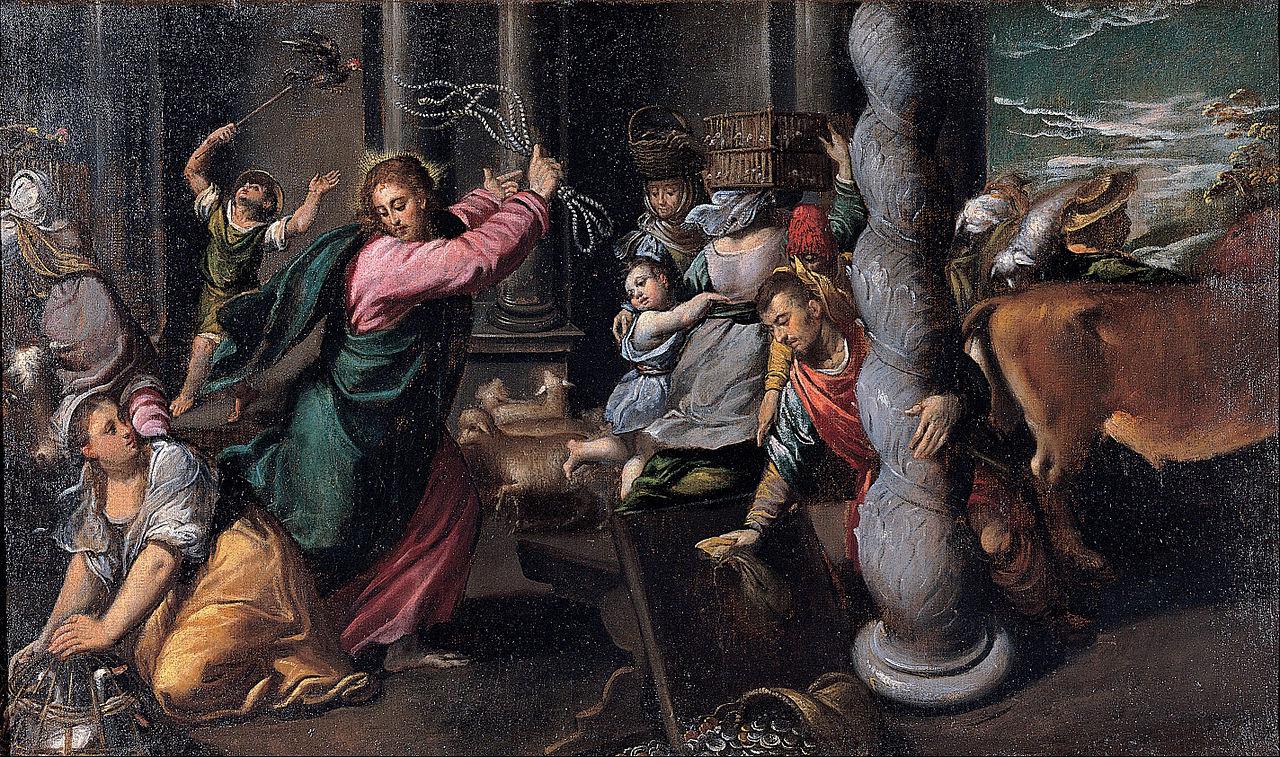
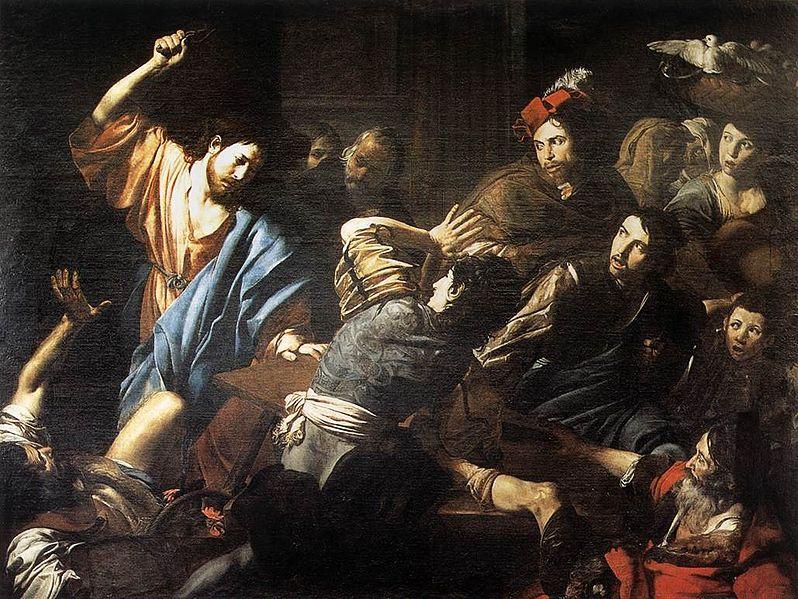
 RSS Feed
RSS Feed